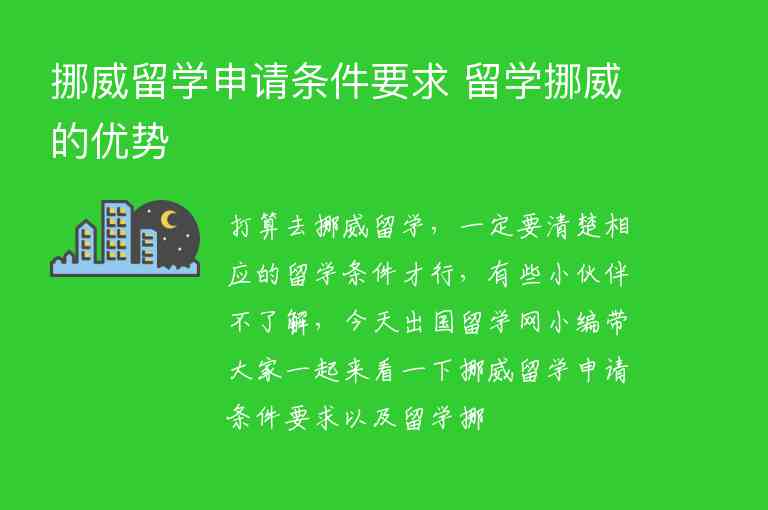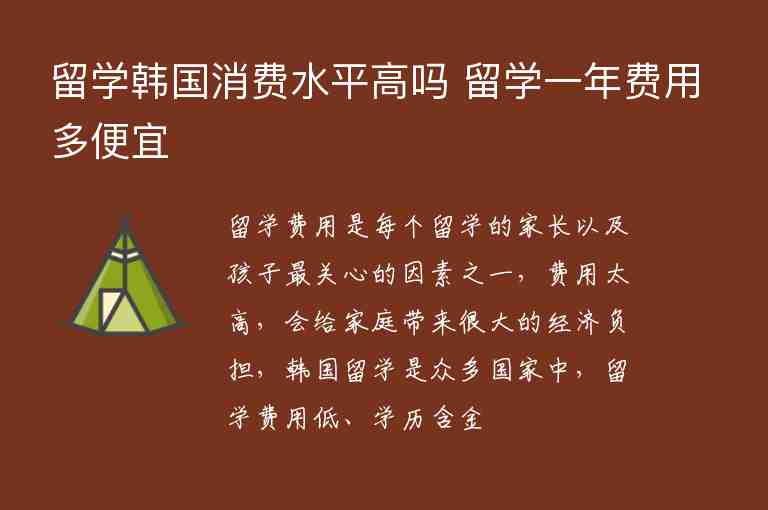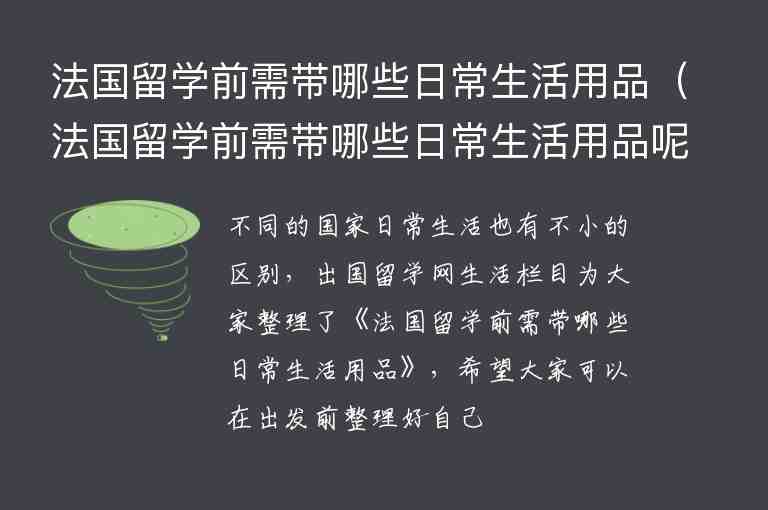吁(yù):表示请求、呼唤或召唤的意思,常用于书面语或口语中。
How to read: yù
Usage: Used in written or spoken language to express a request, call or summon.
Example sentences:
1. 吁请大家保持安静,演出即将开始。
Please remain quiet, the performance is about to begin.
2. 他一声吁唤,所有人都醒了过来。
With one call, everyone woke up.
3. 我们应该吁请采取措施解决这个问题。
We should urge the government to take measures to solve this problem.
4. 听到他的呼救,我立刻吁了救护车。
Upon hearing his cry for help, I immediately called an ambulance.
5. 这封信是向公众发出的吁请,希望能得到帮助。
This letter is a public appeal, hoping to get help.
Synonyms and usage:
1. 呼唤 (hū huàn): To call out; summon
Example: 他大声呼唤着我的名字。
He called out my name loudly.
2. 请求 (qǐng qiú): Request
Example: 我们向提出了一个请求。
We made a request to the government.
3. 召唤 (zhào huàn): Summon
Example: 那位老师召唤学生到前面来做报告。
The teacher summoned the students to come up front and give a presentation.
Editor's summary:
吁 is a Chinese character that is commonly used in written and spoken language to express a request, call or summon. It can also be used as a verb to mean "to urge" or "to appeal". This character is often seen in formal settings such as letters, speeches, and official documents. Its pronunciation is yù and it can be used interchangeably with synonyms such as 呼唤, 请求, and 召唤.


